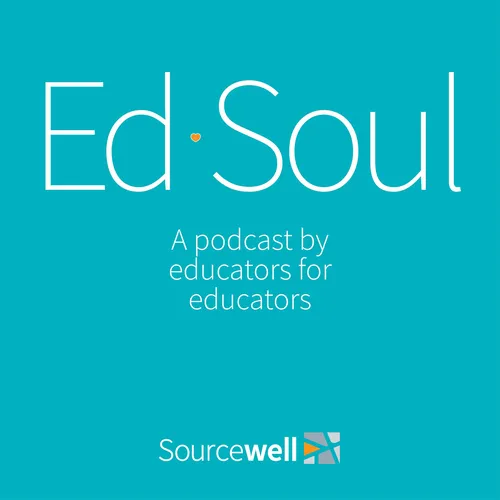Engaging in Difficult Conversations with Jacki Brickman
- Author
- Jacki Brickman
- Published
- Fri 25 Nov 2022
- Episode Link
- None
Whether you are a coach and you are engaged in sharing feedback with other colleagues, you are an administrator that evaluates, a teacher that delivers feedback to students, parents, or caregivers or a human being; we are all tasked with engaging in difficult conversations from time to time. Jacki shares about how having the hard conversations, that ultimately impact students, is our responsibility.
What makes a conversation difficult?
- Lacking confidence to articulate on a topic (articulation does not equal intelligence)
- Topics around students that are misrepresented, marginalized, or misunderstood (based on preconceived ideas)
- Inaccurate definitions operating as facts, including ideas that are misrepresented or misunderstood
- Conversations that involved boundaries; advocating for yourself can be hard
- Perfectionism
- Providing feedback to the person in a power position or hierarchy
What should we avoid?
- Using common words without common definitions
- Thinking someone else should have the conversation (“Passing the buck”) if it is our responsibility to own; however, if the harm did not involve you, keep yourself out
- Centering or prioritizing your feelings or the feelings of the person receiving the feedback, over the impacts that the topic is having on students (or other affected groups)
- Ignoring hard topics (bystander effect)
- Taking others’ reactions or emotions personally
- Jumping to conclusions, assuming how people will react, or what they may be thinking
- Letting our past experiences put us on guard or on the defense before engaging
- Only having deep conversations about things that need to change vs. ongoing deep conversations about practice
Strategies that support difficult conversations
- Creating a culture that encourages feedback, learning, and growth
- Consider the reason for your feedback, the timing, and the relationship with the receiver
- Focus on the impact over the intention
- Recognize if you’re dysregulated (in your head, body, emotions)
- Pause to find your words, “break and breath”
- Listen, don’t speak to be heard
- Know your own tendencies or fears and how they may impact your ability to give or receive feedback
- If you’re in a position of power, create avenues where it is safe to both give and receive feedback
- Think about the next engagement: don’t avoid people and don’t “overdo it”
Helpful Reminders
- Initial reaction isn’t always the long-term thought; sometimes people just need time
- Behaviors are not only an asset or a liability; they might be both; consider your “why” for engaging
- Sort out whose feelings you’re prioritizing and protecting
Connect with Jacki: thecatalystapproach.com
References:
Find more educational resources by topic at https://www.mn.sourcewell.org/education/podcast
Learn more about upcoming trainings and events for educators at www.mn.sourcewell.org/education
